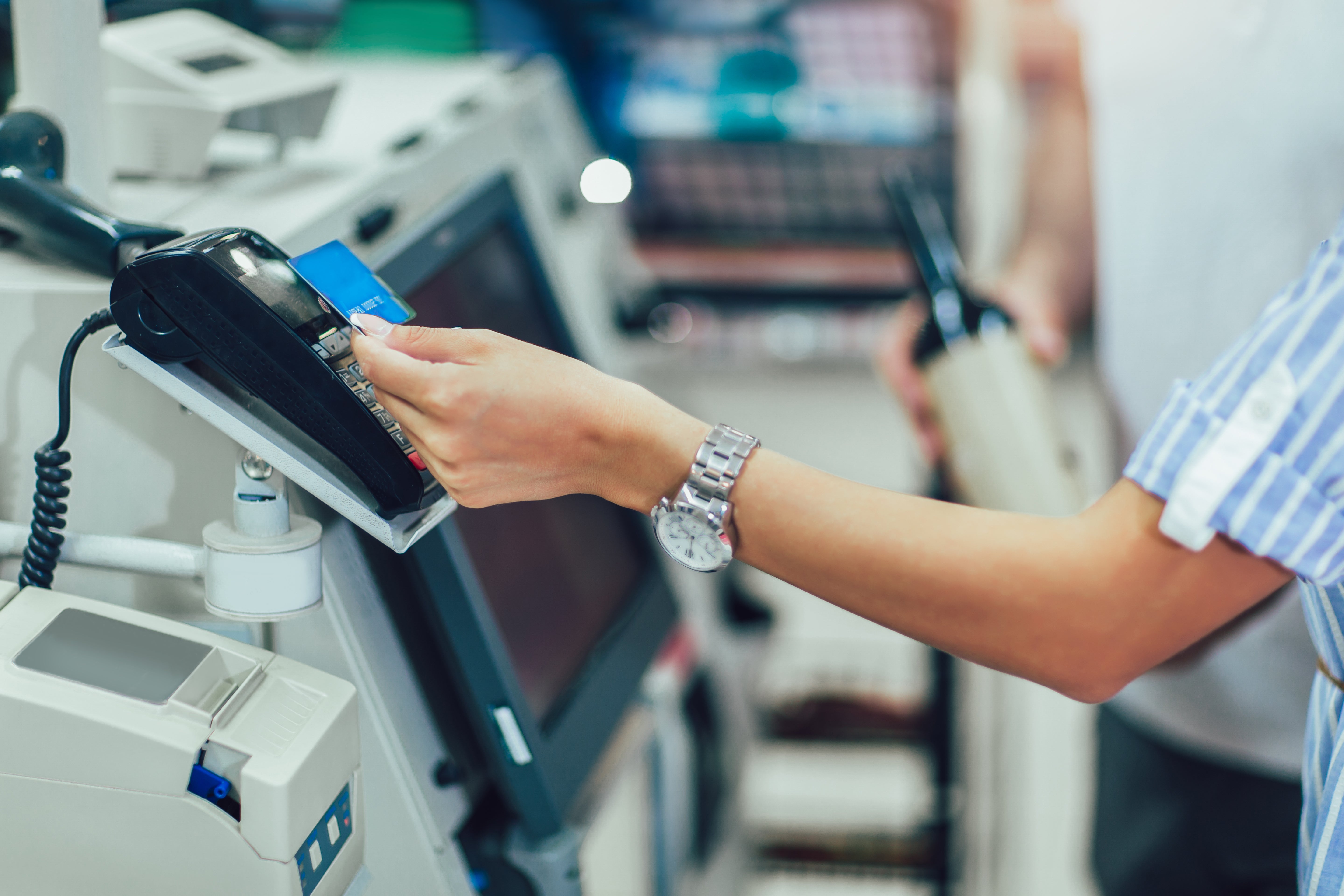Bank closures and self-checkouts are bad for children too
While we tend to focus on older people missing the company of daily high-street interactions, Will Gore says youngsters also suffer


When I opened my first bank account, at the age of 12, it was a thrilling moment. It felt like my initial brush with adulthood, and – in a good way – with officialdom. I got some Our Price CD vouchers in the post as a thank you for choosing Barclays; and gained a real sense of independence. Never mind that my opening balance was only about 25 quid. I was suddenly a man of (potential) means.
A month or so ago, we finally got around to opening a current account for our daughter, who was 13 last autumn. It turned out to be a bit of a faff because it required an in-person visit to the bank: the one in question doesn’t have a branch in our town. Indeed, of the six banks and building societies that operated when we arrived here in 2008, only two remain, and one of those is rarely open.
At the Lloyds in a neighbouring town, there were forms to fill out, and the adviser gave our child a serious talk about how to be responsible with her cash. Eventually, the deed done, she came home with that same sense of financial grown-upness I’d felt 31 years ago – and a similar lack of spending power.
Still, save the pennies and the pounds will apparently look after themselves. As a tween and young teenager, I was pretty spendthrift. My pound or so a week of pocket money generally went on crisps, Twixes and sweets, and the occasional magazine. But Christmas or birthday money would usually be saved, and so I’d make regular trips to the Barclays branch in our village to deposit tenners from godparents and the odd £20 from a benevolent second cousin. Each visit would involve a brief interaction with the bank clerk, just as my weekly excursion to the local shop would involve a small degree of chit-chat with whoever happened to be behind the counter.
As a shy boy, I was effectively forced to confront the real, adult world in the pursuit of saving and spending money
For my daughter, banking – and shopping for that matter – will be different experiences. The man at Lloyds told her to pop back if she had any queries, but the branch isn’t open on Saturdays, and she has no way of getting there during the week. So, a trip in person – to ask a question or to pay in some dosh – will be a holiday task involving a lift from a parent. I can’t imagine it’s likely to happen often.
Likewise, if my daughter wants to spend her pocket money on chocolate from Tesco or a magazine from WHSmith, she needn’t share a word with anyone, thanks to her new debit card and to the wonders of modern technology. And that of course assumes she might even want to leave the house, rather than indulge in some online purchases.
The debates about bank branch closures and self-checkouts generally focus on the dismay felt by older people – those who find the internet hard to navigate, or who experience loneliness because the small-scale human connections that marked their day are slowly disappearing. But I wonder how all this affects younger people too.
You might get a better conversation from AI than you will from Tesco Alan. But that may be the point: it’s the variety of human behaviour that makes those small engagements all the more important to learn how to navigate
As a shy boy, I was effectively forced to confront the real, adult world in the pursuit of saving and spending money. I had to learn how to speak to grown-ups who were not my relatives, or my friends’ parents, or my parents’ friends, or my teachers, but who were simply people doing their job and who were dealing with a customer. They required a different approach, and one that mirrors more closely the interactions that exist in the workplace.
Perhaps these life lessons are less important in a highly digital world. It’s probably just as useful to learn how to interact with a chatbot while online shopping as it is to pass the time of day with the gruff man at the supermarket till. And you might get a better conversation from AI than you will from Tesco Alan. But that may be the point: it’s the variety of human behaviour that makes those small engagements in shops, cafes and banks all the more important to learn how to navigate.
Of course, the drift to automation and the transition of in-person services to the internet is driven in no small part by the needs of business efficiency, and of profit. But from a social point of view, it leaves all of us somewhat impoverished.



Join our commenting forum
Join thought-provoking conversations, follow other Independent readers and see their replies
Comments